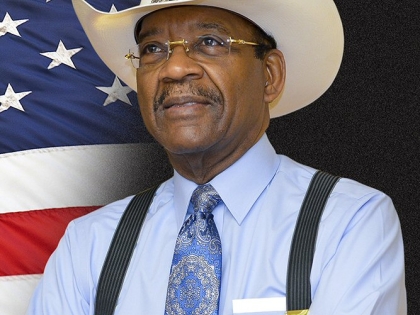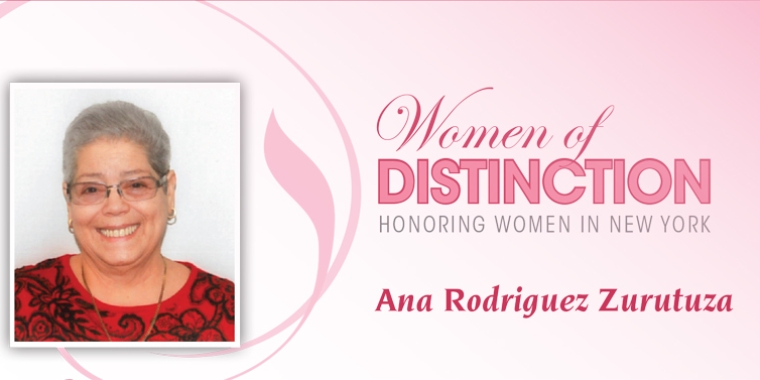
After the Degree, Then What Mr. Governor?
Ruben Diaz
February 21, 2014
WHAT YOU SHOULD KNOW
By Senator Rev. Rubén Díaz
32nd Senatorial District, Bronx County, New York
Tel. 718-991-3161
AFTER THE DEGREE, THEN WHAT MR. GOVERNOR?
You should know that the New York State Black, Puerto Rican, Hispanic and Asian Legislative Caucus recently held its 43rd Annual Conference during the weekend of February 14th through the 16th at the Empire State Plaza in Albany, New York. This event, known as “Caucus Weekend,” draws thousands of people from all over New York State. From Niagara Falls to the eastern tip of Long Island, from Staten Island to the Canadian Border, everyone who is anyone wants to “see and be seen” during Caucus Weekend.
You should know that during a Church Service celebrated by the Caucus on Sunday morning, according to the NY Daily News, New York State Governor Andrew Cuomo announced his plan to fund college courses for prison inmates. Governor Cuomo made this announcement during an election year in front of a Black and Hispanic congregation that gave him a standing ovation. The Governor certainly hit a home run with his announcement.
My dear reader, I have to insert my “two cents worth” now and ask: And then after they graduate, then what? We all know that the majority of prisoners in New York State are Black and Hispanic. According to the NY Daily News, “Currently, the New York inmate population is 49.2% African American, 24% Hispanic, and 24.1% white.” So, in a re-election year it is political convenience for Governor Cuomo to make such an announcement in a church and in front of a Black and Hispanic congregation.
If Governor Cuomo is not using this opportunity as a political ploy, then he should know that the problem is not only providing a college education for inmates, but assisting them in finding a job after they are released. Now don’t get me wrong, I am all in favor of providing an education for people who need it. But what happens when an inmate gets a college education and then cannot find a job when he or she is released? Or what happens when an inmate takes some college courses, but then cannot pursue his or her degree upon release because he or she can’t find a job to pay for the courses?
There are countless inmates, ex-convicts, their parents and families who come to see me in my district office complaining about how difficult it is to find a job. No one will hire them because they have a criminal record and have been incarcerated. They are desperate to find a job in order to support themselves and their children and to become productive members of society. It is this sense of discouragement and failure that leads to high recidivism rates.
I would like to believe that Governor Cuomo is trying to reduce the rate of recidivism. If I am correct, then he should be congratulated. But prison inmates have difficulty finding jobs after they have been released primarily because they have a criminal record and have done time. There are not many employers out there who are willing to give a second chance to people with criminal records, even if they have a college degree. So while money for education is a good thing, we should create opportunities for jobs and spend our resources helping former inmates find employment once they are released.
Many inmates once they are released face significant trauma from a society that practically forces them to wear a “Scarlet Letter.” If the Governor really wants to help inmates, we have to find a way to stop making convicts the modern-day version of Hester Prynne where they are practically forced to walk around publicly with a sign that says “I am an ex-convict.”
Perhaps Governor Cuomo should introduce a program bill that establishes an incentive program for employers to hire qualified parolees. And if he wishes, I know that there would be plenty of State Senators and Members of the Assembly, including myself, who would like to be the sponsor of such a program bill.
This is Senator Rev. Rubén Díaz, and this is what you should know.
